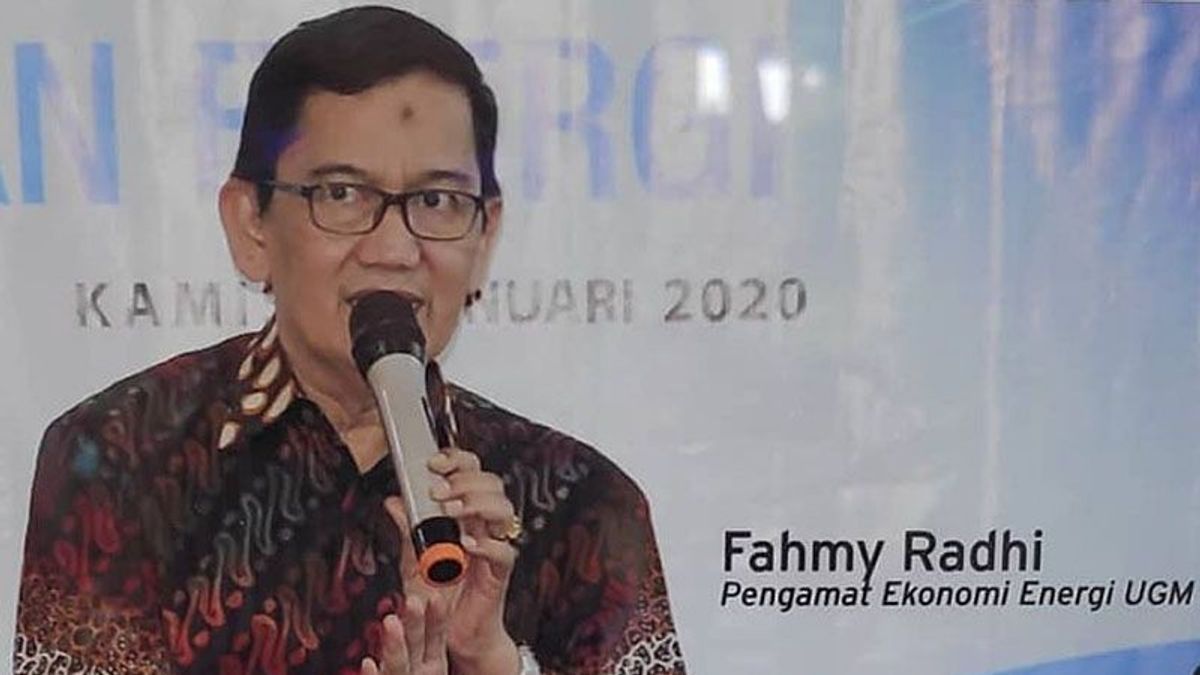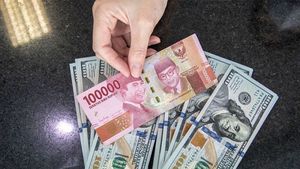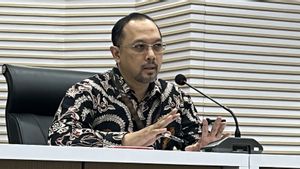JAKARTA - Energy Economy Observer from Gadjah Mada University, Fahmy Badhi, assessed that the intervention carried out by the International Monetary Fund (IMF) on Indonesia's economic policy could hamper the downstream program.
This time, the IMF urged the Indonesian government to review the downstream program through the ban on nickel ore exports.
According to Fahmy, the IMF intervention not only hinders the downstream program, but also prevents Indonesia from becoming an advanced organizer.
"Only one word, the IMF's opponents are blocking the downstream program, which will bring Indonesia into a developed country," he said in a statement received by VOI, Saturday, July 8.
He explained, since January 2020, President Joko Widodo (Jokowi) has imposed a policy to prohibit the export of nickel ore. Jokowi even did not budge when the policy was reported to the World Trade Organization (WTO).
Despite losing at the WTO Forum, Jokowi actually has the courage to continue banning the exports of all mining and mineral products.
Through a document entitled IMF Executive Board Concludes 2023, in addition to referring to the ban on nickel ore exports, the IMF also recommends that the policy of banning nickel ore exports must be based on cost and benefits (cost analysis and benefits) and considering the impacts on other regions.
"The downstream program has actually been proven to provide benefits in increasing the added value which is doubled," continued Fahmy.
Then, two years after the ban on nickel ore exports, Indonesia managed to increase the export value of nickel derivative products by 19 times.
SEE ALSO:
Initially, nickel ore export revenue was only IDR 17 trillion in 2017, increasing to IDR 323 trillion in 2022.
In addition to increasing added value, he continued, the downstream program will create an industrial ecosystem from upstream to downstream.
"If the industrial ecosystem has been formed, at that time Indonesia will become a developed country with high economic growth, supported by the contribution of the industrial sector, not the consumption sector," concluded Fahmy.
The English, Chinese, Japanese, Arabic, and French versions are automatically generated by the AI. So there may still be inaccuracies in translating, please always see Indonesian as our main language. (system supported by DigitalSiber.id)















